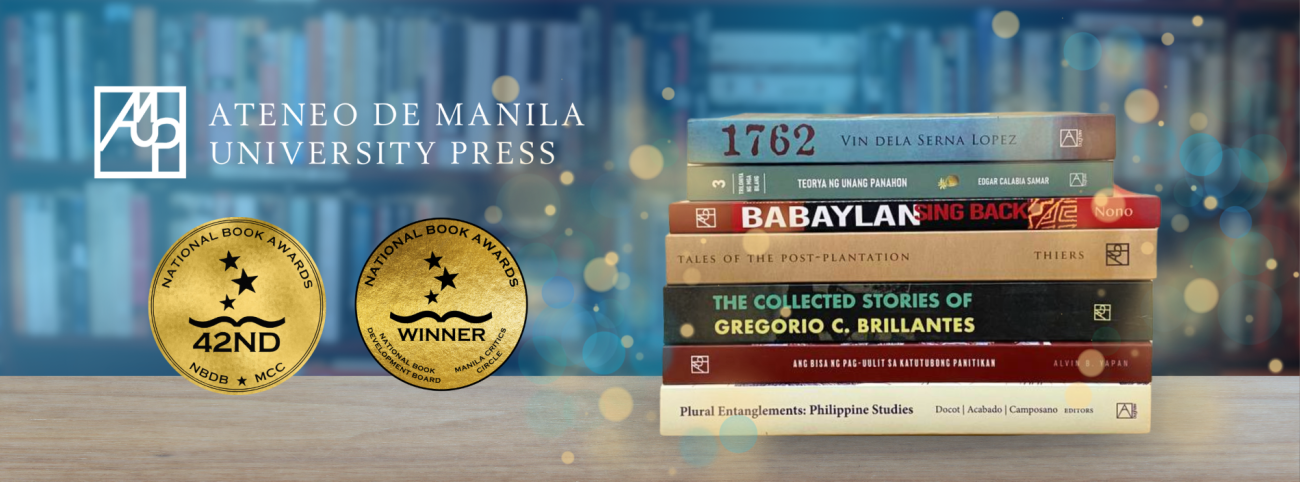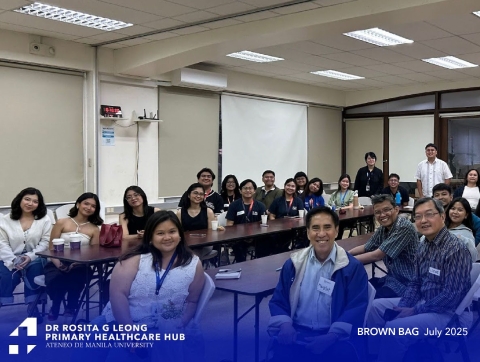Ateneo University Press takes home 7 wins at the 42nd National Book Awards
08 Nov 2024 | Ateneo University Press
On 6 November 2024, the National Book Development Board and Manila Critics’ Circle announced the full list of National Book Award winners, with seven winning titles from the Ateneo de Manila University Press.
The National Book Awards is an annual prize that honors “the most prestigious book titles written, designed, and published in the Philippines.”
For this year, 326 books were submitted across four languages (English, Filipino, Bikol, and Ilokano) and 31 diverse categories. Out of 25 nominations, seven titles from the Ateneo de Manila University Press garnered awards.
Best Novel in English
1762: A Novel
by Vin Dela Serna Lopez
“1762 reimagines the British occupation of Manila and Cavite in a sweeping narrative as told by the native leaders of the uprisings against the British and Spanish occupiers. The novel skillfully renders this story of 18th-century Philippine resistance, including the personal betrayals and retaliations that divided the rebels and led to a tragic loss of lives. The narrative voice is supremely credible, the storytelling, solidly grounded in geography and even in the minutiae of the galleon trade. All told, 1762 is a seamless fictional creation of a historical event. Masterfully done!”
— Susan S. Lara, Chair, Panel of Judges for the 2022 Palanca Awards and author of Letting Go and Other Stories
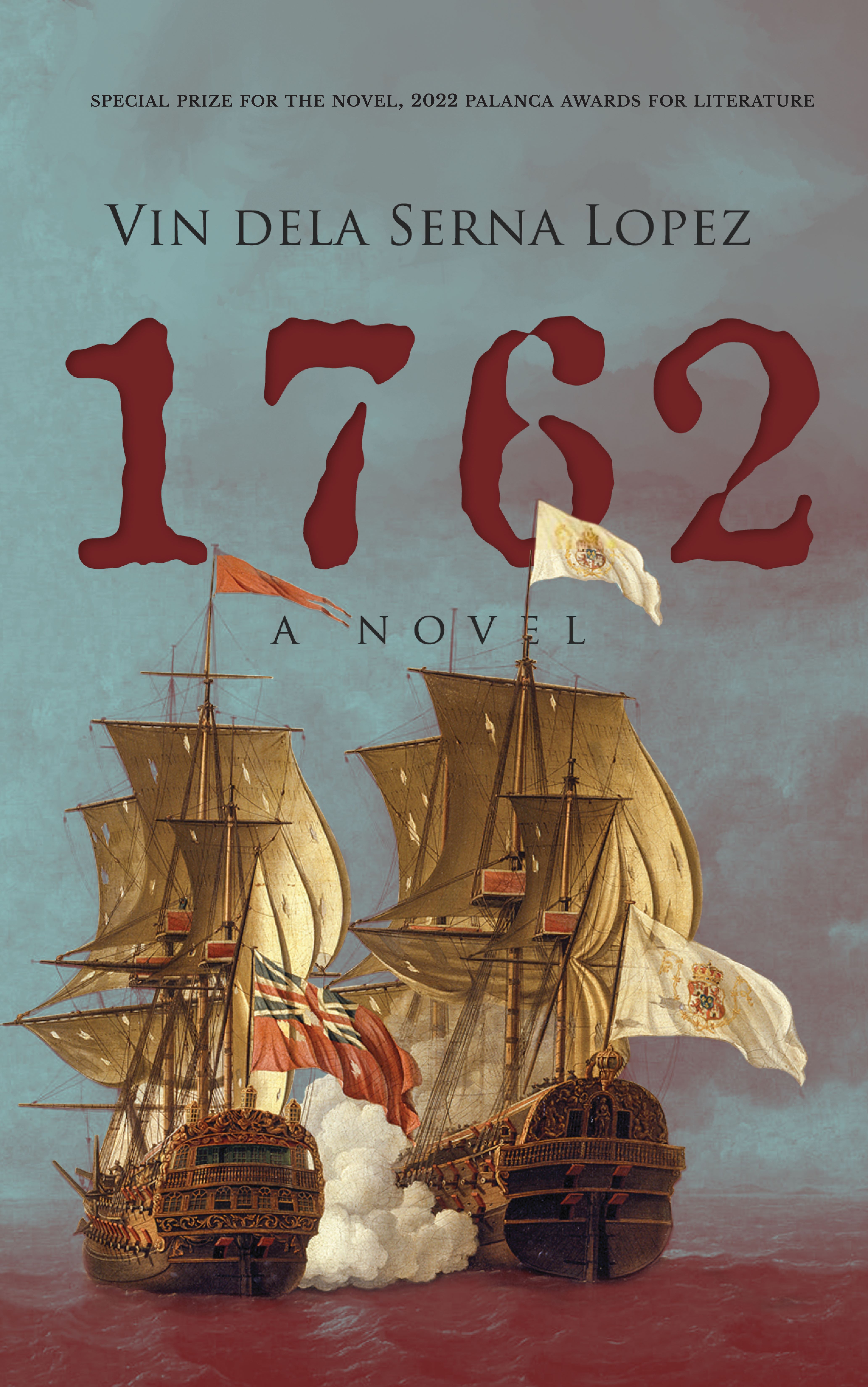
Best Novel in Filipino
Teorya ng Unang Panahon
by Edgar Calabia Samar
Narito ang tatlong tauhan: si Yannis, si X-XIII, at si Hans. Nabubuhay sila sa magkakaibang mundo. Nawala si Yannis matapos niyang ipakita sa kapatid at ama ang isang mahiwagang dice na pinangalanan niyang ngilag. Naghahanda naman si X-XIII para sa isang pagsusulit–-habang sampung taong nakakulong sa isang silid—para maging karapat-dapat siyang maglingkod sa Sistema. Gumagawa naman ng sulat ang isang malatao para sa isang nagngangalang Hans, tungkol sa pananaginip niya sa isanf mundong walang panaginip. Nagsasalitan ang kuwento ng tatlo bago maganap ang Isang Pangyayari sa gitna ng nobela kung saan dumaranas ng epidemya ng Lungkot ang mga tadiwa, ang mga nilalang na magkahalo nang tao at diwata, na nabuo matapos isalba ng mga diwata ang mga tao sa pagkalipol sa dulo ng Panahon ng Daigdig. Pagkatapos ng Isang Pangyayari at nagsasalimbayang mga teorya ng mga panahon, saka lang natin mababalikan ang mga mundo nina Yannis, X-XIII, at Hans na siyempre’t hindi na maaaring maging tulad ng dati.
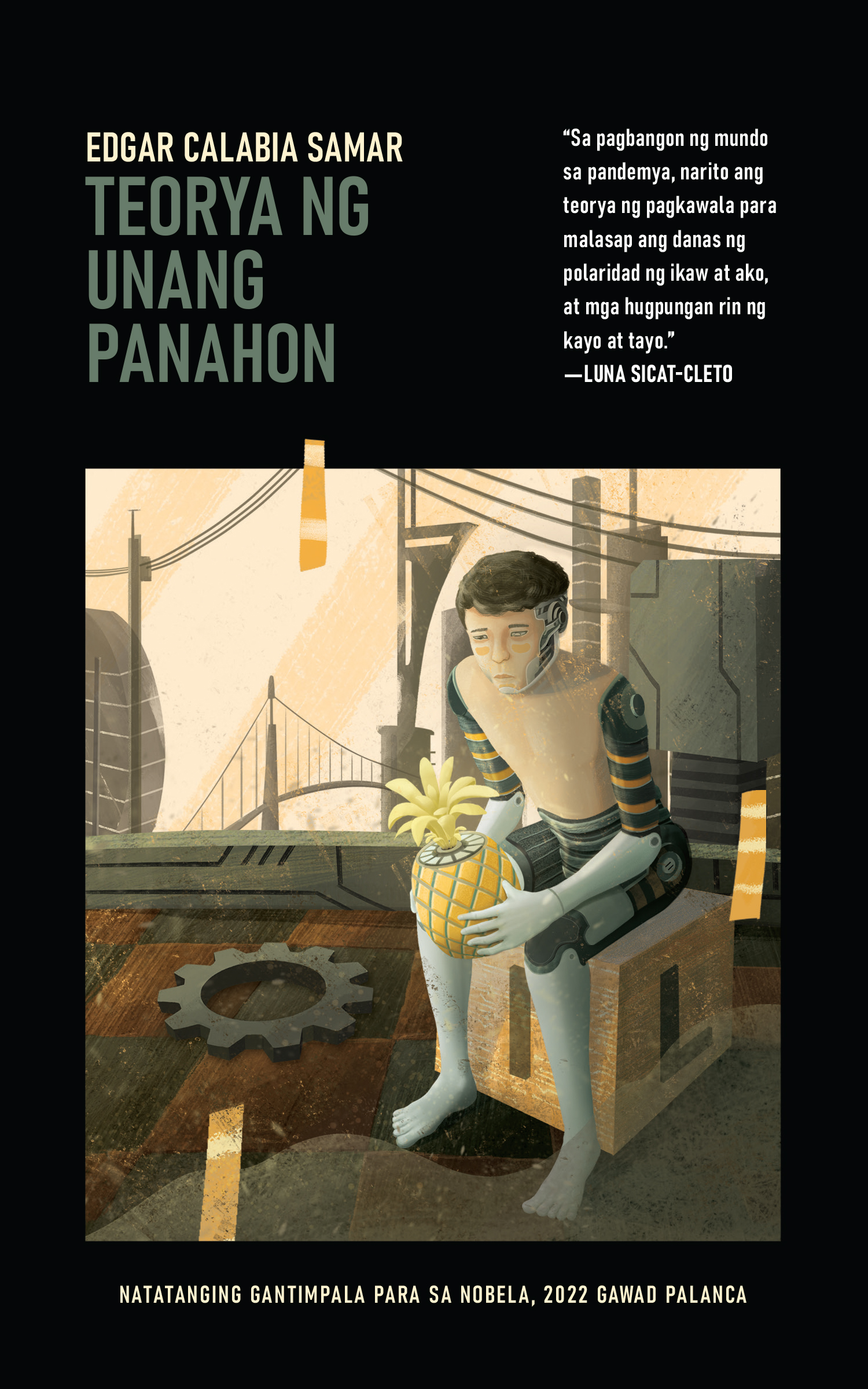
National Artist Cirilo F. Bautista Prize for Best Book of Short Fiction in English
The Collected Stories of Gregorio C. Brillantes
Edited by Jonathan Chua
Gregorio C. Brillantes, often labeled as a “Catholic writer,” went beyond this calling and explored the possibilities of realist fiction, producing stories that Nick Joaquin considered as “Literature with a capital L” and are increasingly aware of their political milieu—the Marcos regime, the social unrest, and the vacillations of the middle class. Pensive and philosophical, at times funny and parodic, his work attests not only to a mastery of the short story but also, in the hands of a genius, to the capaciousness of the form.
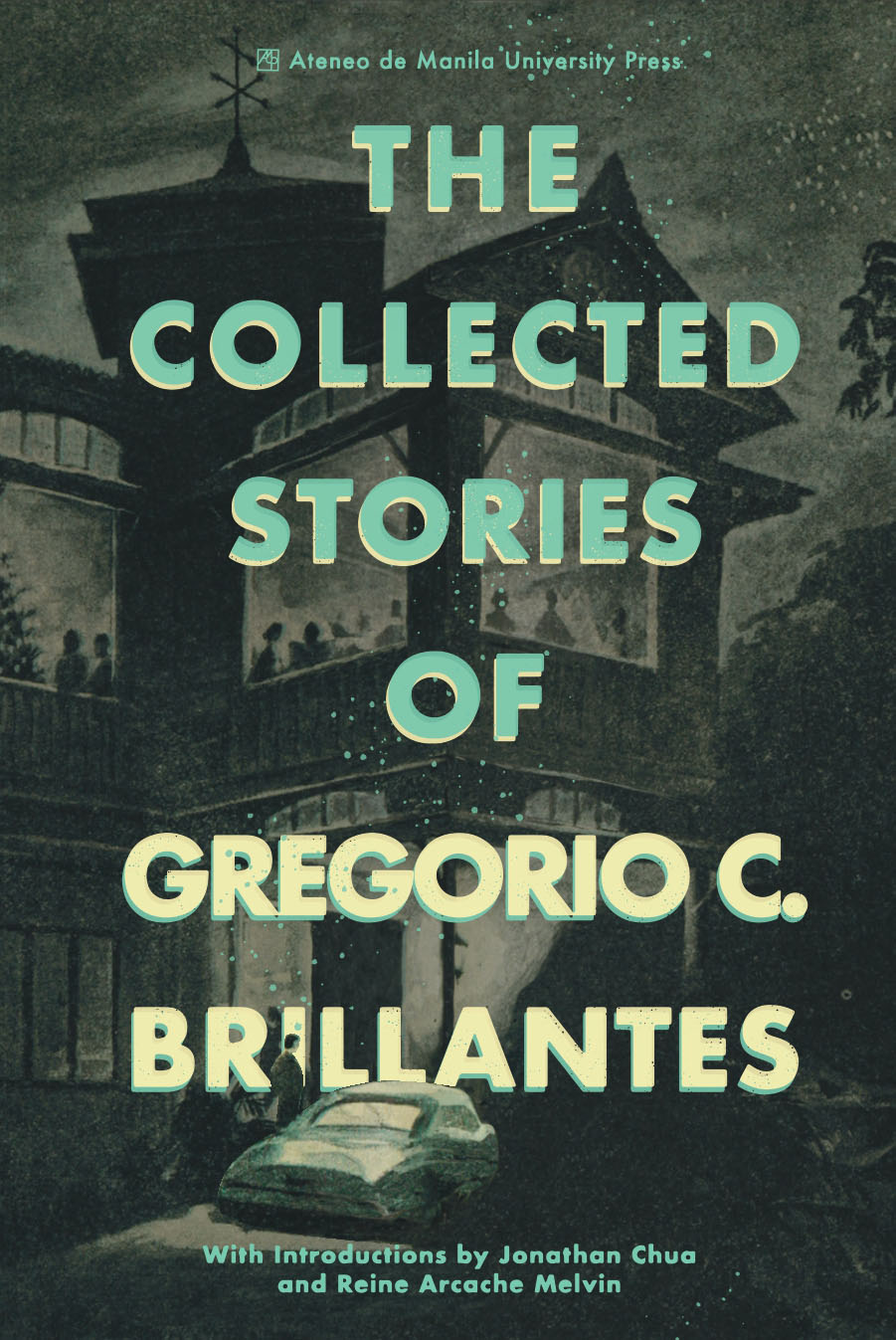
Best Book of Literary Criticism/Cultural Studies
Ang Bisa ng Pag-uulit sa Katutubong Panitikan
by Alvin B. Yapan
“Mahalaga ang ganitong dalumat ni Alvin B. Yapan sa aklat na ito sa paghalughog sa mga poetika ng panitikang Filipino na nakabalangkas sa mga buháy na katutubong praktis na dumadaloy sa mga kasalukuyang katuturan.”
—Eli Rueda Guieb III, may-akda ng Pitada (1994) at Pamilya (2003)
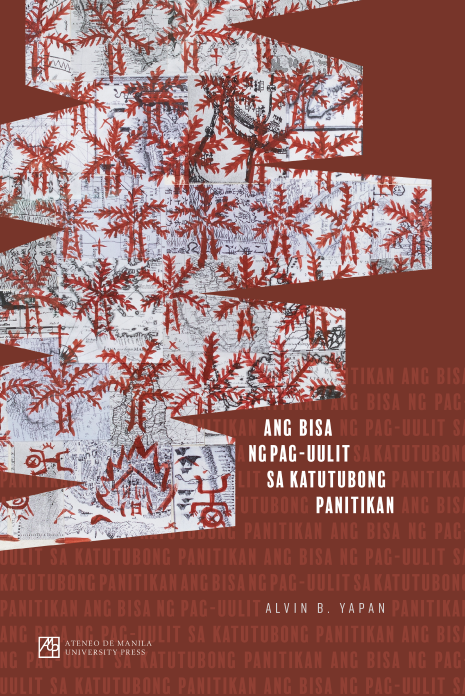
Elfren S. Cruz Prize for Best Book in the Social Sciences
Plural Entanglements: Philippine Studies
Edited by Dada Docot, Stephen B. Acabado, and Clement C. Campasano
Plural Entanglements emphasizes the diverse foundations of scholarship and accentuates the need for scholars to look beyond Manila, figuratively and quite literally. This approach is a necessary corrective to the colonial era–influenced discourse of Philippine culture and history, which is currently dominant and actively propagated through various iterations of the school curricula and even through popular culture. This dominant discourse continues to marginalize and impoverish communities across the country—rural, urban, and Indigenous.
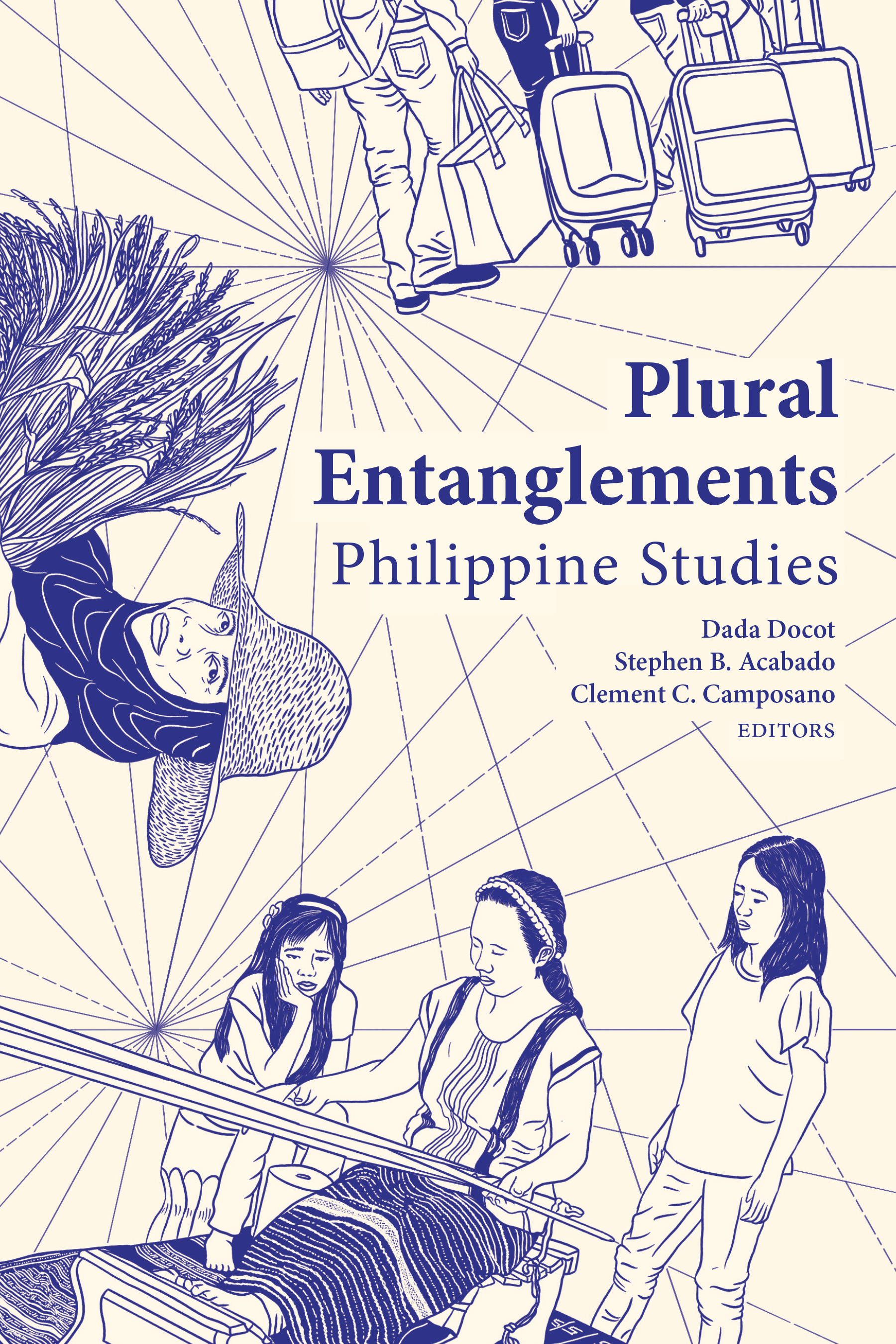
John C. Kaw Prize for Best Book on History
Tales of the Post-Plantation: Unlikely Protagonist of Modern Philippine Banana History
by Robin Thiers
Since the late 1960s, the hinterland of the southern Philippine city of Davao has been the epicenter of commercial production and export of Cavendish bananas in Asia. Against a backdrop of elite interests pushing a paradigm of banana-plantation modernity, Robin Thiers opts to tell this story through the tales of more unlikely protagonists: small-scale farmers, a fungus, and the banana itself. Drawing on original fieldwork and transdisciplinary empirical and theoretical literature, he pushes us to imagine plantations as more-than-human assemblages, both underpinning and subverting the imaginaries of capitalist discipline and anthropocentric control. Destabilizing the epistemic and ontological foundations of the modern plantation, this book is first and foremost an invitation: could we imagine a post-plantation?
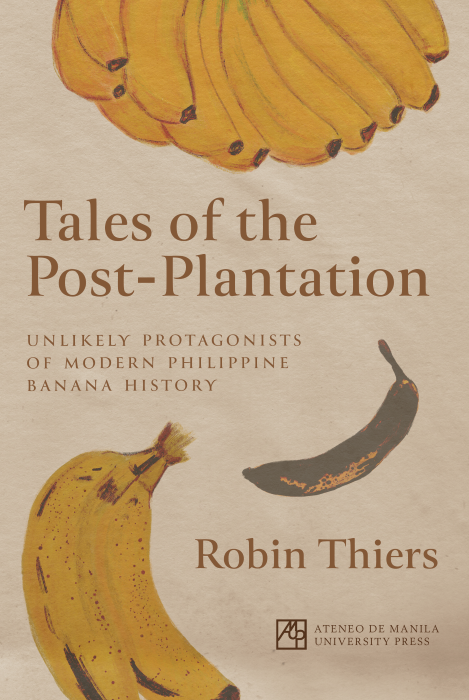
Best Book in Spirituality and Theology
Babaylan Sing Back: Philippine Shamans and Voice, Gender, and Place
by Grace Nono
“Focusing on the personal stories, histories, and songs of the Babaylan women ritual specialists of the Philippines, this insightful book is a decolonial project that recovers the voices of tradition bearers who were silenced and obscured in the period of empire building. Grace Nono’s ethical praxis restores dignity and visibility to the few remaining women shamans and advances an emergent type of socially-engaged ethnomusicology.”
—Tan Sooi Beng, University of Science, Malaysia, and the International Council for Traditional Music (ICTM), author of Bangsawan: A Social and Stylistic History of Popular Malay Opera
Critics, readers, and scholars alike have acknowledged the significance of these books to the continued evolution of Philippine literature, scholarship, and culture. The writers showcase the immeasurable power of words and stories to convey truths and portray realities—feats that will surely inspire generations to come.
The Ateneo University Press remains steadfast in its commitment to publishing works that share valuable insights and knowledge about the lives of Filipinos, both locally and abroad. We are truly grateful for the recognition our authors and titles have received at the National Book Awards. It strengthens our resolve to continue our mission, supporting the growth of Philippine literature and scholarship as it relates to the betterment of every Filipino's quality of life.
The awarding ceremony is set to be held in Intramuros on November 23, 2024.
These titles and more are available here:
- Website: unipress.ateneo.edu
- Shopee: go.ateneo.net/Shopee
- Lazada: go.ateneo.net/Lazada










